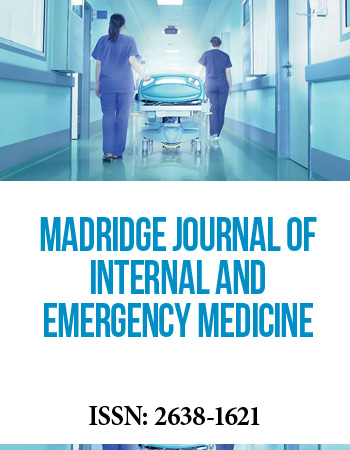International Translational and Regenerative Medicine Conference
April 25-27, 2018 | Rome, Italy
Inhibition of Breast Cancer Bone Metastasis and Pancreatic and Colon Cancer by Synthetic Curcumin Analogs
Emory University School of Medicine and Winship Cancer Institute, USA
Curcumin (diferuloylmethane) is a β-diketone constituent of the turmeric. It is used as a spice to give a specific flavor and yellow color to curry. However, its clinical efficacy is poor because of itʼs low solubility. He worked with professors Liotta and Snyder at the Chemistry Department to synthesize a series of novel monocarbonyl analogs of curcumin (MACs) approximately 100 analogs including EF24, EF31 and UBS109. Dr. Shojiʼs laboratory and the NCI tested the analogs for the anticancer activity.
The NCI determined the mean growth inhibitory concentration (GI-50) of EF24, curcumin and cisplatin on the NCI-60 cancer cell panel, which are 0.7 µM, 7.3 µM and 9.5 µM, respectively. MACs do not kill normal breast cells MCF-10A but kill all cancer cells tested (KB-3-1, TU212, MiaPaCa, SE-Mel-28, RPMI-7951, and MDA-MB-231 cells) at concentrations (0-20 µM) [Zhu S, Current Cancer Drug Targets, 2014]. MACs inhibit NF-κB by inhibiting IKK-α and IKK-β.
UBS109 inhibited breast cancer metastasis and osteolysis by inhibiting osteoclasts precursors and osteoclasts, but promotes new bone formation by stimulating osteoblast activation. UBS109 and EF24 inhibited four pancreatic cancer cell lines 100% at less than 1.25 µM, whereas gemcitabine did not up to 20 µM. UBS109 significantly inhibited MiaPaCa-2 pancreatic cancer xenografts and colon cancer (HT-29 and HCT-116) xenografts in mice at 25 mg/kg, iv once a week better than a combination of oxaliplatin (5 mg/kg) and 5FU (30 mg/kg) iv.
Biography:
Dr. Mamoru Shoji obtained his Medical Degree from the Hokkaido University, Japan, and completed internships at the US Naval Hospital, Yokosuka, Japan and the University of Pennsylvania in Philadelphia, residency in internal medicine at the Lahey Clinic, Boston, fellowship training in immunology at the Peter Bent Brigham and Robert Breck Brigham Hospitals (mentor, John R. David, MD), Harvard Medical School in Boston, in tumor immunology at the University of Minnesota (mentor, Charles F. Mckhann, MD from Massachusetts General Hospital) in Minneapolis, followed by fellowship in Hematology and Medical Oncology at Emory University (mentor, Charles M. Huguley, Jr, MD).


